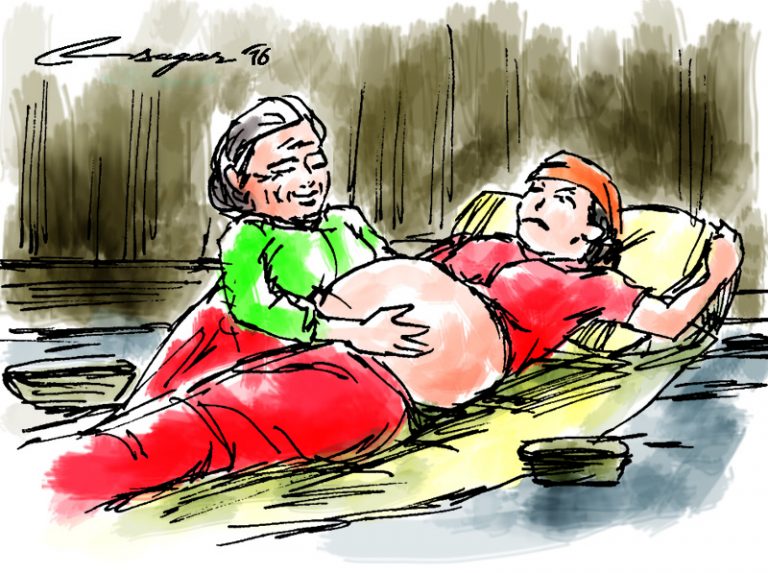
KATHMANDU: Pregnancy and childbirth should be among the happiest of occasions in a woman’s life, but this is not the case for many of the poorest and most marginalized women, said the United Nations, Population Fund.
Issuing a statement today on the occasion of International Day to End Obstetric Fistula, UNFPA Executive Director Dr Natalia Kanem said obstetric fistula, which has been virtually eliminated in wealthier countries, is a serious human rights violation, a reflection of health systems’ failures, and a tragic sign of global social injustice and inequity.
Obstetric fistula, according to UNFPA, is a childbirth injury caused by prolonged, obstructed labor without prompt medical attention. It is silently robbing millions of women and girls of their health, hope, and dignity, Dr. Kanem said. “The condition often leaves the woman with chronic incontinence and usually results in the death of the child.”
The theme of the day this year is “Leaving no one behind: let us commit to ending fistula now”. “The global Sustainable Development Goals are a bold and aspirational call to leave no one behind, especially those most marginalized, forgotten, and voiceless. The theme underscores the stark reality that failing to eliminate fistula jeopardizes the chances of attaining many of these goals,” said the chief of the UN’s reproductive health and rights agency.
In 2010, UNFPA launched a campaign in collaboration with the Ministry of Health and Population (MoHP) and partner agencies in Nepal to help recognize obstetric fistula as a public health issue while enabling provision of prevention, treatment, capacity building and advocacy programmes. Obstetric fistula has been virtually eliminated in industrialized nations, but in developing countries like Nepal it continues to affect the poorest, most vulnerable and marginalized women and girls. An estimated 200-400 women in the country suffer from obstetrics fistula every year, according to a 2011 UNFPA report.
“It is time we end the needless suffering caused by fistula, in keeping with the 2030 Agenda and the Sustainable Development Goals. Let us commit to putting it behind first and ensuring human rights, well-being, and dignity for all. UNFPA is committed to ending fistula within a generation, and we call upon the world to join us in this bold endeavour.”










